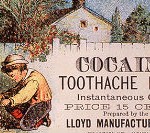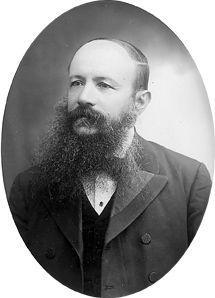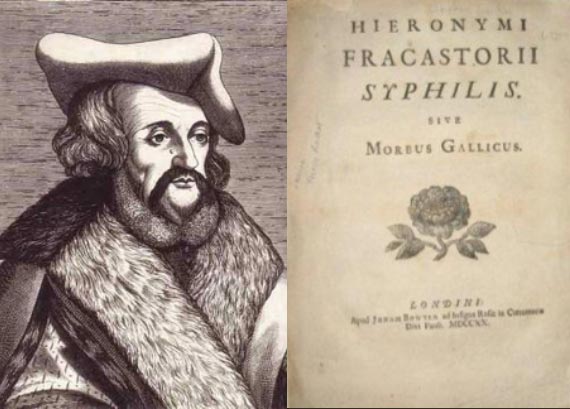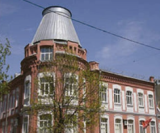September 2023

(Image credit: Ramón Teves)
How did people make meaning during the Covid-19 pandemic? An international team of researchers from Macalester College (United States) and CONICET (Argentina) set out to discover just that, in the city of Tucumán, Argentina, in 2021.
The article “Between the personal and the political: life experiences during the covid-19 pandemic in Tucumán, Argentina, 2020-2022 ,” recently published in História, Ciências, Saúde – Manguinhos journal shows strong connections between people’s political views and how they perceived the pandemic.
Laura Cordero, Research Assistant at CONICET in Tucumán, Argentina, and Eric D. Carter, Edens Professor of Geography and Global Health at Macalester College, in Minnesota, United States, surveyed more than 700 people during 2021 and found two dominant trends. People who viewed their pandemic experience through a personal lens reported more positive sentiments. For those who looked at the pandemic from a political vantage point, their experiences were significantly more negative.
The researchers, both health geographers, interacted with over 700 residents of Tucumán, a major city in northwest Argentina. Not knowing what they would find, this methodology prioritized the citizens’ voices which then shaped the researchers’ hypotheses, in what’s called a “grounded theory” approach.
Across the globe, research has demonstrated that the Covid-19 pandemic had unequal social impacts that were shaped by local conditions, and Argentina’s experience was no exception. But such analyses often fail to capture people’s lived experiences and the many ways communities confronted the crisis with the resources at their disposal. By exploring people’s sentiments around such themes like personal resilience, religion and faith, social capital, and the role of the state, the study was able to hone in on what people were actually thinking and doing during this unprecedented time in their lives.
After analyzing the results of focus groups, interviews, and an online survey, they found two distinctive frames that people used to give meaning to their experience of the Covid-19 pandemic. Those adopting a “personal” lens tended to face the crisis with a positive attitude. They reflected on their own lives, revalued intimate ties, and prioritized care for others. In contrast, those who imposed a “political” lens on their experience of the pandemic tended to express negative feelings, especially disappointment with political leadership in the face of crisis, and were less optimistic about the future.
This project is significant for giving voice to the diverse viewpoints of a broad cross-section of Argentine society, grappling with their roles as citizens in a democratic society in a time of profound crisis. In the face of crisis, individuals and communities turn to their own local networks, resources, and capabilities, first and foremost.
The study also highlights the importance of a sense of community and collective effort to face crises with resilience. Unfortunately, however, perceptions of inconsistent and corrupt political leadership may prevent the development of a sustainable sense of social cohesion necessary to confront major social, economic, and environmental crises that will continue to arise, even after Covid-19 is a distant memory.
Read in HCS-Manguinhos:
 New supplement online: Covid-19 in Latin America The articles discuss issues such as the complex relationship between science, society, and politics in health disasters, the challenges of health workers, and the importance of a comparative historical perspective to understand epidemics and contemporary public health.
New supplement online: Covid-19 in Latin America The articles discuss issues such as the complex relationship between science, society, and politics in health disasters, the challenges of health workers, and the importance of a comparative historical perspective to understand epidemics and contemporary public health.
Covid-19 in Latin America: conflicts, resistances and inequalities This supplement gathers original and relevant studies establishing a dialogue between the past and the present.
Social medicine in Latin America, 1930–1945 The paper examines the international networks that influenced ideas and policy in social medicine in Latin America, focusing on institutions.
La pandemia: ¿El acto final de Donald Trump? “De nuevo, se nota el genio político de Trump – o de sus asesores. El sentimiento anti-Trump en este país es tan fuerte que anula todo razonamiento frío de la situación actual.” Eric Carter, Profesor en el Macalester College hace una reflexión sobre la actuación del presidente de Estados Unidos en la pandemia.









